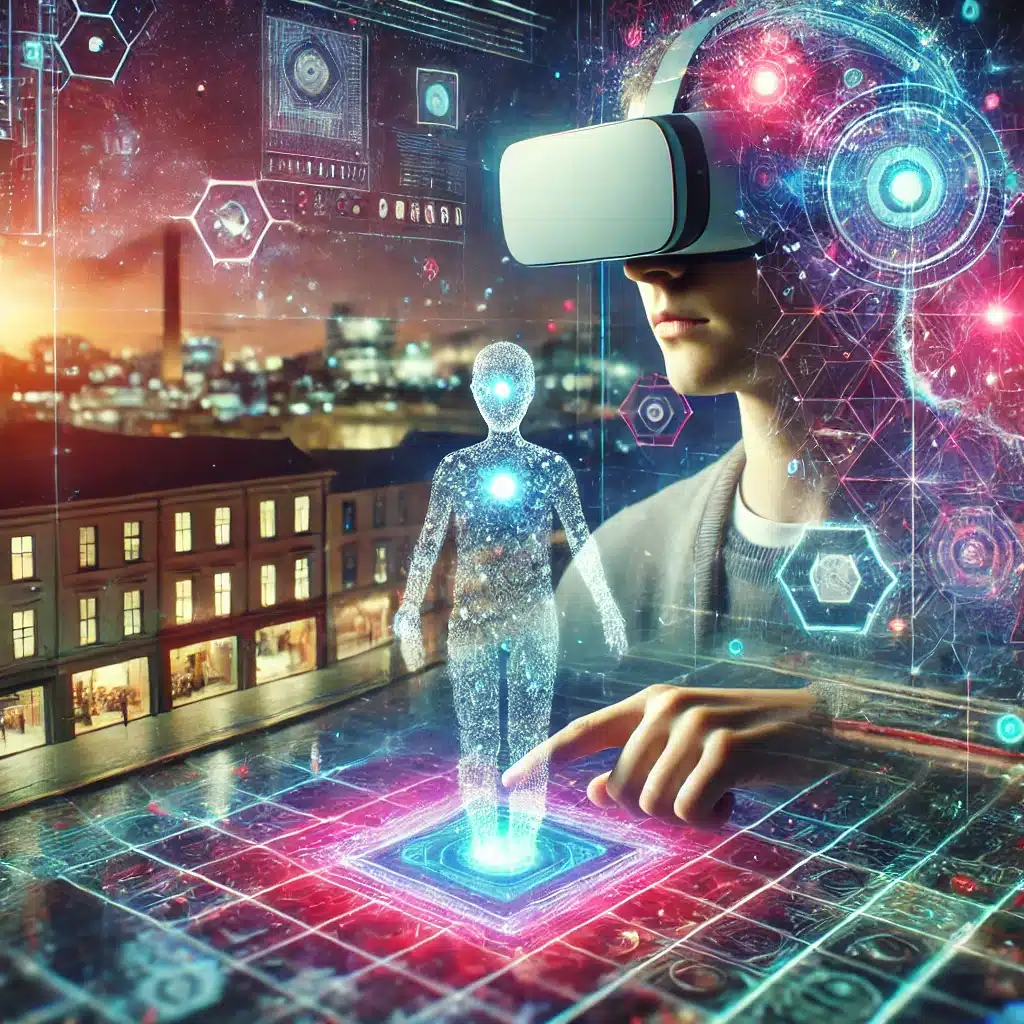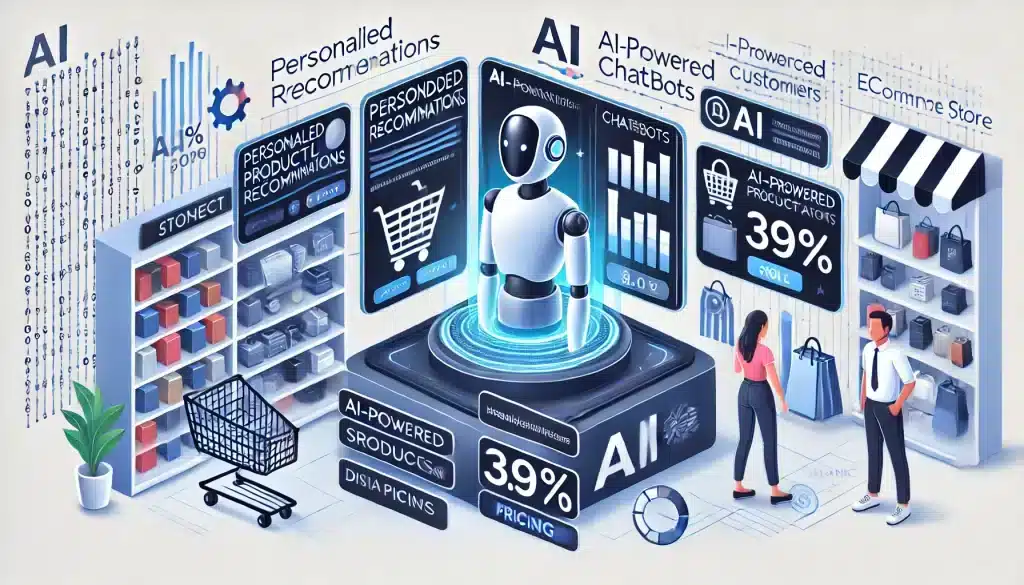AI in Healthcare Transformation from Fax Machines to Advanced Algorithms
AI in healthcare is undergoing rapid advancements. According to BNR, AI helps with both administrative and medical tasks. Moreover, healthcare personnel spend up to 34% of their time on documentation. AI can significantly reduce this burden.
Administrative AI in Healthcare Efficiency
Currently, data exchange between healthcare providers often involves manual processes, sometimes even using fax machines. However, seamless data exchange is crucial for better AI integration. Consequently, health care needs a national electronic patient record system to enhance data sharing. Nonetheless, privacy regulations currently hinder more efficient data exchange.
Medical Diagnostics
AI excels at identifying specific diagnoses, such as breast cancer. For instance, right now, human readers double-check AI’s work. In the future, AI might handle this independently. For example, this will streamline diagnostic processes and free up human resources for more complex tasks.
AI in Tech: The Colossus Supercomputer
Elon Musk’s Colossus AI supercomputer is notable in the tech industry. While it is powerful, not all tech leaders are impressed. For example, LinkedIn’s cofounder calls it ‘table stakes.’ This means it merely allows Musk’s xAI to catch up with rivals like OpenAI and Anthropic.
Dependency on Hardware
Moreover, Musk heavily relies on Nvidia chips, but he plans to use his own Dojo chips later. Other companies like Meta and Microsoft are also developing proprietary AI chips. Consequently, Musk aims to double Colossus’s size soon. However, there are questions about energy requirements and community concerns about unauthorized power generation.
Environmental Concerns
In September, an environmental group raised concerns about xAI using gas turbines without permission. In contrast to traditional setups, xAI’s supercomputer needs substantial power. Musk needs additional infrastructure to power the massive cluster effectively.
The Road Ahead: AI in Healthcare
Ultimately, the future of AI in healthcare is promising. A unified patient record system could solve data exchange issues. Consequently, AI will handle more tasks, from administrative duties to complex diagnostics. In conclusion, AI’s role in healthcare is set to become indispensable, marking a significant leap from the days of fax machines to advanced algorithms.



